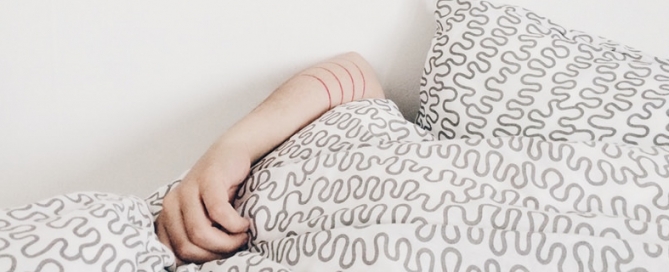It’s been a busy day and you’re looking forward to a long, refreshing sleep, but you just can’t seem to disengage and relax. Your head is on the pillow and the lights are out but your mind is in full throttle, worrying over details, anxious about plans and projects, and relentlessly reviewing conversations and events. As the minutes tick away, you start to panic and make things worse. Exhausted, you finally nod off, only to be awakened by your alarm feeling groggy and tired.
Getting enough shut-eye is a critical component of our mental and physical health. How can you throw off the stress of the day and prepare yourself to let go and shut down? People who have difficulty falling asleep at night can benefit from a regular routine, a few nutritional tactics, and a sleep-friendly environment, according to the experts. Try a few of these tips to help make bedtime more productive.
- Go to bed as soon as you feel tired. Avoid excessive napping.
- Shut off electronic devices and move computers and phones away from where you sleep. Their light inhibits the brain’s production of melatonin.
- A dark room with a temperature of around 65 degrees Fahrenheit is ideal.
- If you have sensory challenges, try sleeping with weighted blankets and bolsters, wear seamless socks, ask your partner or a parent for a quick shoulder massage, or try listening to soothing music or white noise (a fan will often do the trick).
- Avoid caffeine and food right before bedtime, but consider a warm bath, meditation, muscle relaxation and stretching techniques, or a cup of green or chamomile tea.
- Consider taking a time released melatonin supplement to help with your sleep and wake cycles, as well as helping to reduce overall anxiety.
- Doctors also recommend drinking beverages high in melatonin (such as tart cherry juice) or magnesium (which helps serotonin production).
- Get your news in the daytime so you are not thinking about what you have just read or watched on television.
- Exercise during the day but avoid working out just before bedtime.
Read more recommendations from sleep experts: The Huffington Post & The Telegraph
')}



